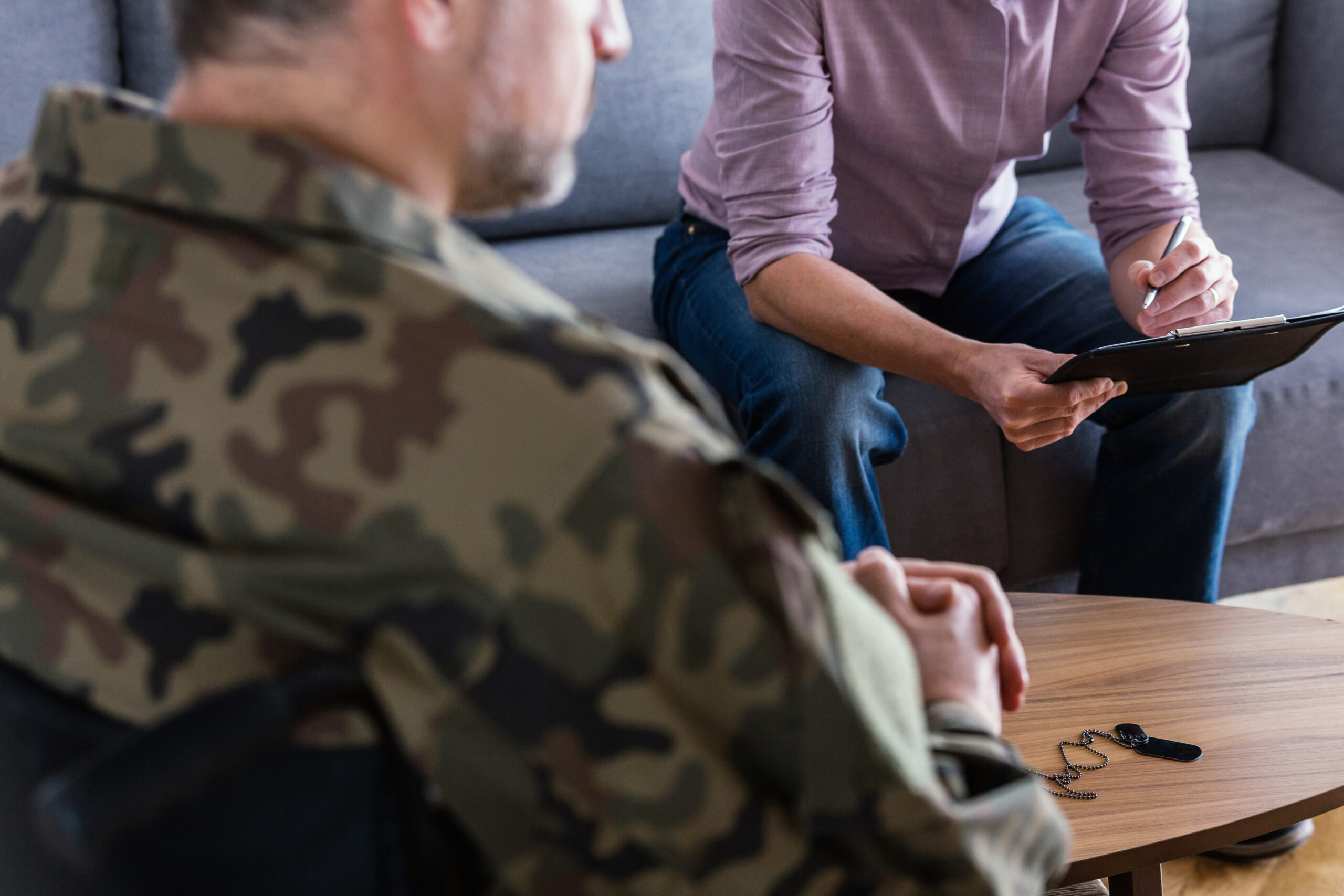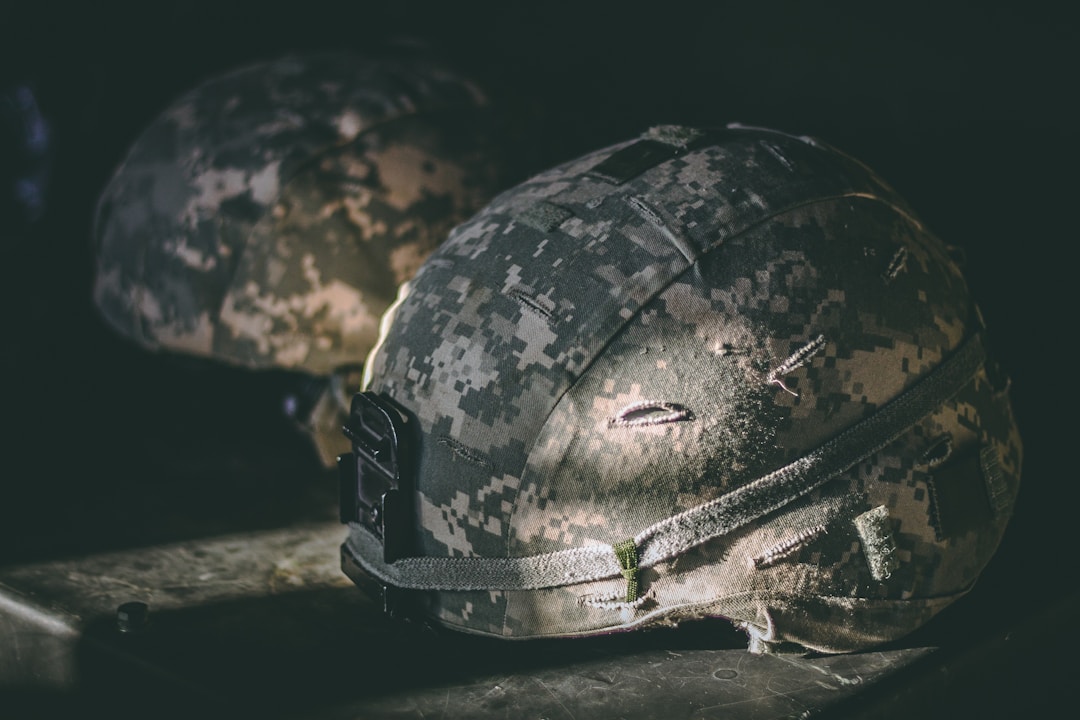
When a veteran family member is injured, it can be challenging to navigate the road to recovery without the proper resources and support systems in place. Many military families are often left with unanswered questions and unforeseen obstacles as they attempt to care for their injured loved ones. In this article, we’ll explore the importance of seeking support for your loved ones during this challenging time and the various resources available to assist families in need. Keep reading to learn more.
Understanding the Emotional Impact on Family Members

One of the most critical aspects of helping a loved one recover from a military injury is understanding the emotional impact it can have on the family unit. The experience can be incredibly isolating, as family members may feel overwhelmed by the sense of responsibility and the need to be strong for their loved ones.
Though it can be daunting, seeking professional help in the form of therapy can be an invaluable tool for understanding and coping with the emotional impact of a military injury. Among the best therapists in Charlotte, for example, are mental health professionals who offer specialized support for military families, facilitating communication and providing coping strategies to manage stress and anxiety.
Additionally, consider joining a support group specifically designed for military families facing similar challenges. These groups offer a strong sense of camaraderie and understanding and can often provide practical advice and shared experiences that can be instrumental in navigating the unique challenges of military life and injury.
Accessing Available Resources
It’s imperative to educate yourself and your family about the various resources available to assist veterans and their families during the recovery process. Many government agencies, nonprofits, and community organizations offer support services such as financial assistance, healthcare, and rehabilitation programs explicitly designed for military families. By connecting with these organizations, you can gain access to essential benefits and support networks to help achieve stability and focus on your loved one’s recovery.
Veteran and military family support in Southern California, like the Fisher House, offers invaluable assistance to families facing the challenges of an injured veteran family member. These resources can provide financial support, access to medical experts, and temporary housing while your loved one receives necessary medical treatments.
Additionally, don’t be afraid to reach out to your local community for assistance. Many community members, businesses, and local veterans’ groups are eager to provide support and aid in any way they can, such as providing meals or offering transportation to medical appointments.
Addressing Caregiver Burnout and Building Resilience
As a caregiver to an injured veteran, it’s crucial to acknowledge the possibility of caregiver burnout and implement strategies to prevent it. Caregivers are often focused on ensuring the needs of their loved ones are met, but it’s just as important to prioritize self-care and mental health. Make sure you take breaks, engage in activities you enjoy, and maintain connections with friends and family who can offer additional support.
Building resilience is another essential aspect of thriving as a caregiver. Developing a strong support network, setting realistic goals, and maintaining a positive outlook on life can help foster resilience and the ability to overcome challenges and setbacks.
Lastly, don’t be afraid to seek professional support if needed. Mental health professionals can offer guidance on proper self-care, developing coping strategies, and building resilience to support your overall well-being and your ability to provide care for your injured loved one.
Utilizing Adaptive Sports and Recreation Programs

Adaptive sports and recreation programs provide injured veterans and their families opportunities to engage in physical activities designed to accommodate their unique needs. These programs can play a significant role in the recovery process by offering emotional, physical, and social benefits that can improve quality of life, boost morale, and foster a sense of normality in the lives of the affected family members.
Seeking support after a veteran family member is injured is essential for the individual and the family unit’s emotional well-being. By understanding the emotional impact, families can overcome the obstacles on the road to recovery.



